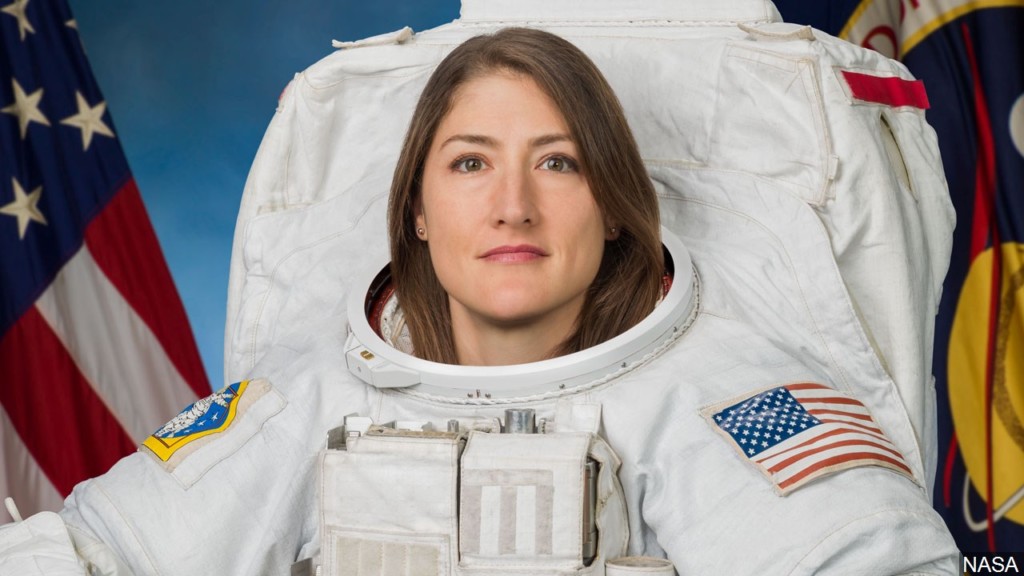Science & Technology
Longest Spaceflight by a Woman: Christina Koch
- 07 Feb 2020
- 3 min read
Why in News
The National Aeronautics and Space Administration (NASA) astronaut Christina Koch landed on the Earth on 6th february, 2020 after a record stay of 328 days on the International Space Station.
- Single Spaceflight
- The previous longest single spaceflight by any woman was 289 days by Peggy Whitson, also an American, who set that record in 2017.
- Valery Polyakov of Russia holds the combine (i.e. for both men and women) record for the longest single spaceflight in history (438 days).
- Cumulative Record
- Gennady Padalka at 879 days is the world record holder in terms of cumulative time in space across one or more spaceflights.
- Whitson at 665 days holds the world record for women.
- Significance
- One particular research project Koch participated in is the ‘vertebral strength investigation’, which better defines the extent of spaceflight-induced bone and muscle degradation of the spine, and the associated risk for broken vertebrae.
- This is expected to provide insight into the development of future countermeasures, such as preventative medicine or exercise.
- These results also could provide recommendations for limiting the amount of force astronauts are subjected to during launch.
Challenges of Human Spaceflight
- Gravity Field: Transitioning from one gravity field to another is tricky. It affects hand-eye and head-eye coordination. NASA has learned that without gravity working on the human body, bones lose minerals. Even after one returns from a space mission, one could be at greater risk of osteoporosis-related fractures.
- Isolation: No matter how well trained one is, behavioural issues are likely to crop up. Due to isolation, an astronaut may encounter depression, fatigue, sleep disorder and psychiatric disorders. This may lead to performance decrements, adverse health outcomes, and compromised mission objectives.
- Radiation: In space stations, astronauts receive over ten times the radiation than what people are subjected to on Earth. Radiation exposure may increase the risk of cancer. It can damage the central nervous system. Radiation can also cause nausea, vomiting, anorexia, and fatigue.
- Hostile Environment: Rockets are extreme machines. These needs to have habitability factors including temperature, pressure, lighting, noise, and quantity of space. It’s essential that astronauts get the requisite food, sleep and exercise needed to stay healthy and happy.
- Distance from Earth: An astronaut over a spaceflight may face a communication delay with its team on the Earth. Also, there is a possibility of equipment failures or a medical emergency.







